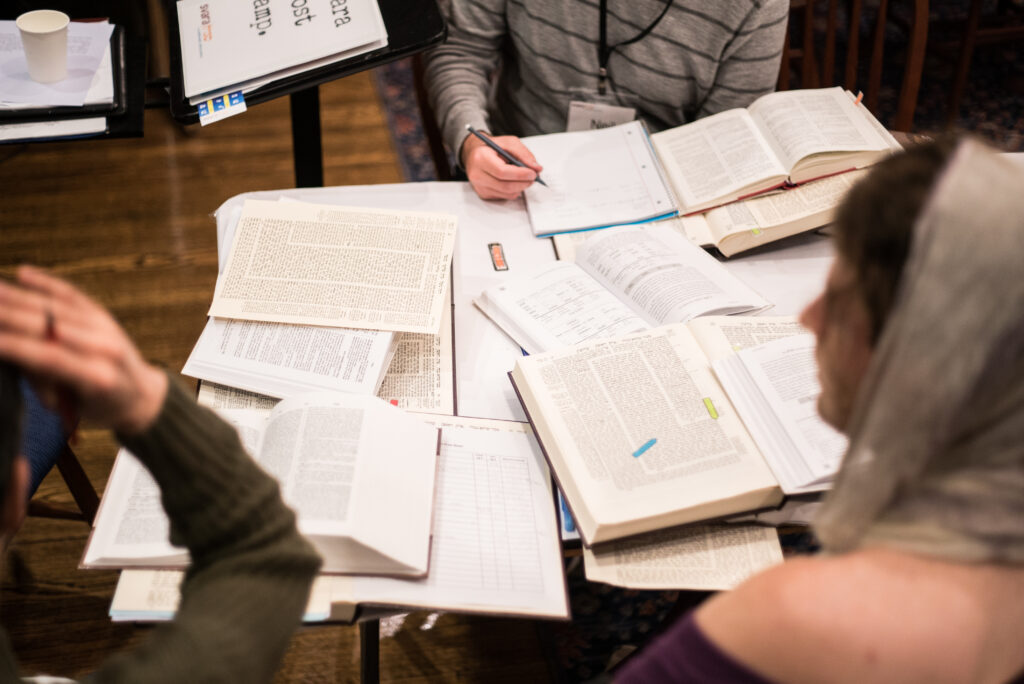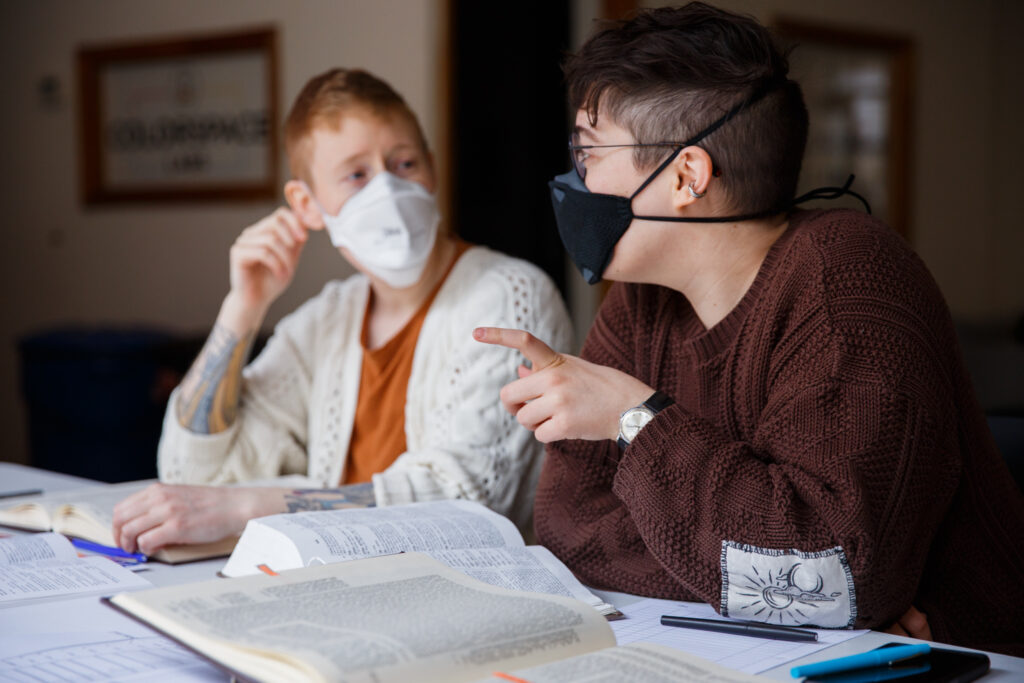With the marking of Rosh Chodesh Elul this week, the Jewish tradition invites us into the holiest months of the year. It’s a time for personal introspection and stock-taking, a time to ask ourselves about the people we want to be in the new year. This Elul is particularly significant as with Rosh Hashanah, we usher in the Shmita or Sabbatical year, a time to think about personal and collective cessation and release.
We also direct our hearts towards teshuvah, or returning, realigning with our best and highest selves and with the Divine. Yom Kippur, the holiest day on the Jewish calendar is all about this realignment.
This may seem strange, but Yom Kippur is, after Pesach or Passover, my favorite Jewish holiday. The liturgical poetry of the day is soul-stirring. The collective responsibility that we affirm and reaffirm for the ways in which we’ve missed the mark. The joy that comes knowing that we are able to begin again, just as we do every year and every day.
The Jewish tradition provides us with several physical observances intended to spiritually situate ourselves for the awesomeness of Yom Kippur. One of those, and perhaps the best known, is fasting.
In SVARA’s Mishnah Collective this season, we are learning Mishnah Yoma chapter 8, the chapter that focuses most directly on teshuvah/return. The fifth mishnah of the chapter explicitly stipulates conditions under which a person may not fast for their own wellbeing.
עֻבָּרָה שֶׁהֵרִיחָה, מַאֲכִילִין אוֹתָהּ עַד שֶׁתָּשִׁיב נַפְשָׁהּ. חוֹלֶה מַאֲכִילִין אוֹתוֹ עַל פִּי בְקִיאִין. וְאִם אֵין שָׁם בְּקִיאִין, מַאֲכִילִין אוֹתוֹ עַל פִּי עַצְמוֹ, עַד שֶׁיֹּאמַר דָּי
If her fetus smelled food, she is fed until her soul is restored. [The fetus smells the food, and she desires it, and if she does not eat, both are endangered. A sick person is fed on the opinion of experts [i.e., doctors who are expert in their profession]. And if there are no experts, he is fed on his own say, until he says: “Enough!”
Our mishnah presents several case studies for determining when and by whose authority a person may not fast or may break their fast early. We learn that one who is pregnant, who smells food and craves the food is fed until satiated. Satiety is achieved, then, both for the one who is pregnant and the growing fetus.
The second case we receive here is that of one who is ill. If experts IE medical doctors or the like are present and they stipulate, on their professional authority that the person must eat, the person eats. On the one hand, I completely get it. If experts are present and say that a person is so sick that their life is in danger, pikuach nefesh—saving a life supersedes all other mitzvot. On the other hand, I bristle, noticing the way in which my own prejudicial encounters with the healthcare system color my reaction. I wonder if paternalism, that all-too-common assumption that many have that they know better than we possibly can is at play. I notice that reaction arising and hold it lightly, as we do. The importance the rabbis place on qualified experts here is incredibly important to lift up, especially in the time in which we are living. Ours is a tradition that honors science and medicine, full stop.
Our mishnah is not yet finished. If a doctor is not present, the one who is ill eats on their own authority, until they say enough. Juxtaposed to the earlier case, this piece of mishnah illustrates for us the importance of bodily autonomy. We know our experiences best. The rabbis will state this even more clearly later in the Gemara, citing a verse from Mishlei/Proverbs, the heart knows the bitterness of its own soul. At the end of the day, we know whether or not we need to eat. In its context, this is a radical claim. Yom Kippur is the most sacred day; the fasting is an integral component of that. Yet, we are reminded that fasting is not the totality of the day, not even close. In too many communities today, those who cannot fast for whatever reason feel profoundly alienated, disconnected from everyone else around them. This feeling can easily become even stronger, and folks can feel like they are, G-d-forbid, failing in some way because their bodies cannot do what other bodies do.
Those of us who experience any number of oppressions—ableism, fatphobia, transphobia—meant to reinforce the narrow conception of which bodies are acceptable and which are absolutely not, know the way in which that feeling gnaws at our souls. This is even more acute, in my own experience and that of too many people I counsel in religious spaces. May this Elul be a time for us to not only do our individual soul-work, but also to take to heart the ways in which our tradition makes room, explicitly, for a multiplicity of experiences as we reaffirm that the individual knows the bitterness of their own soul better than anyone else.







